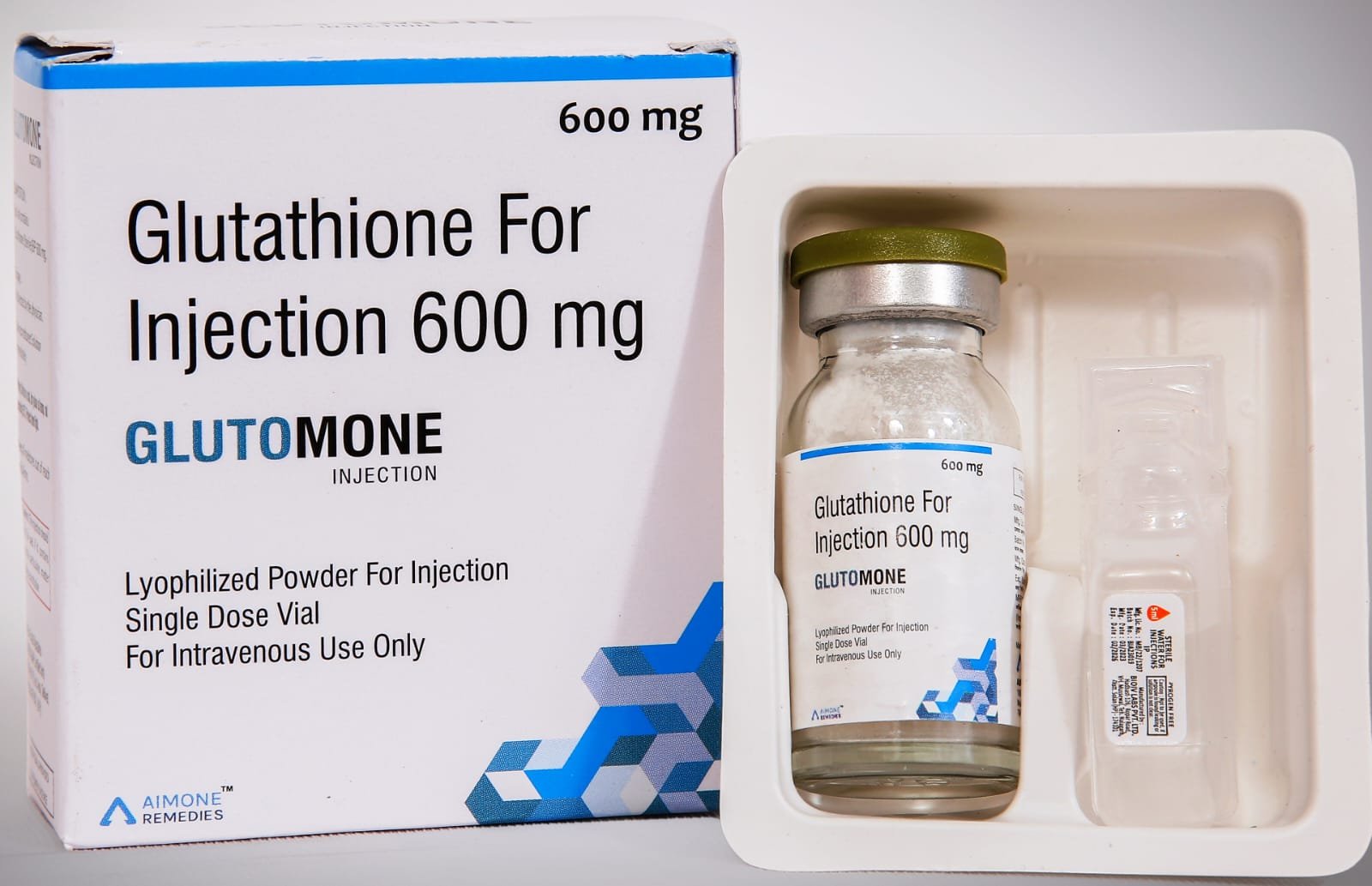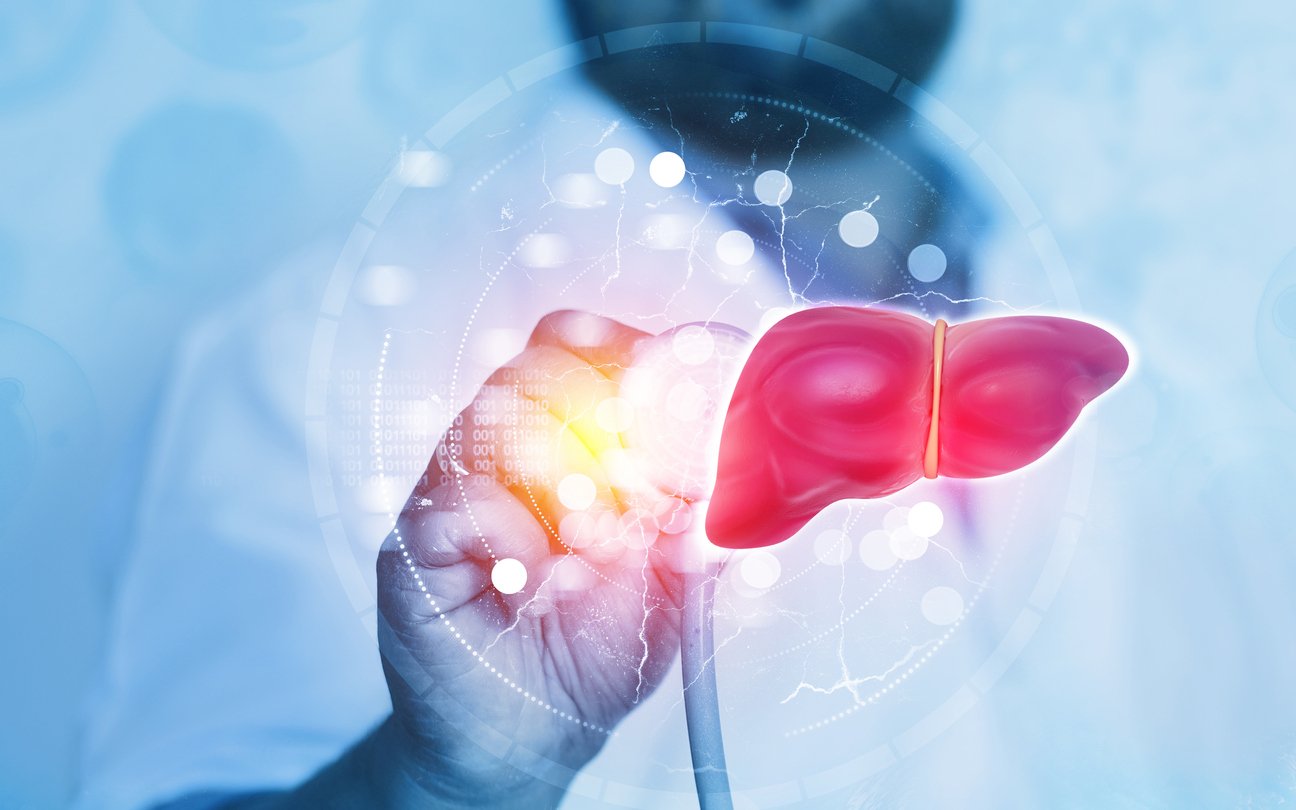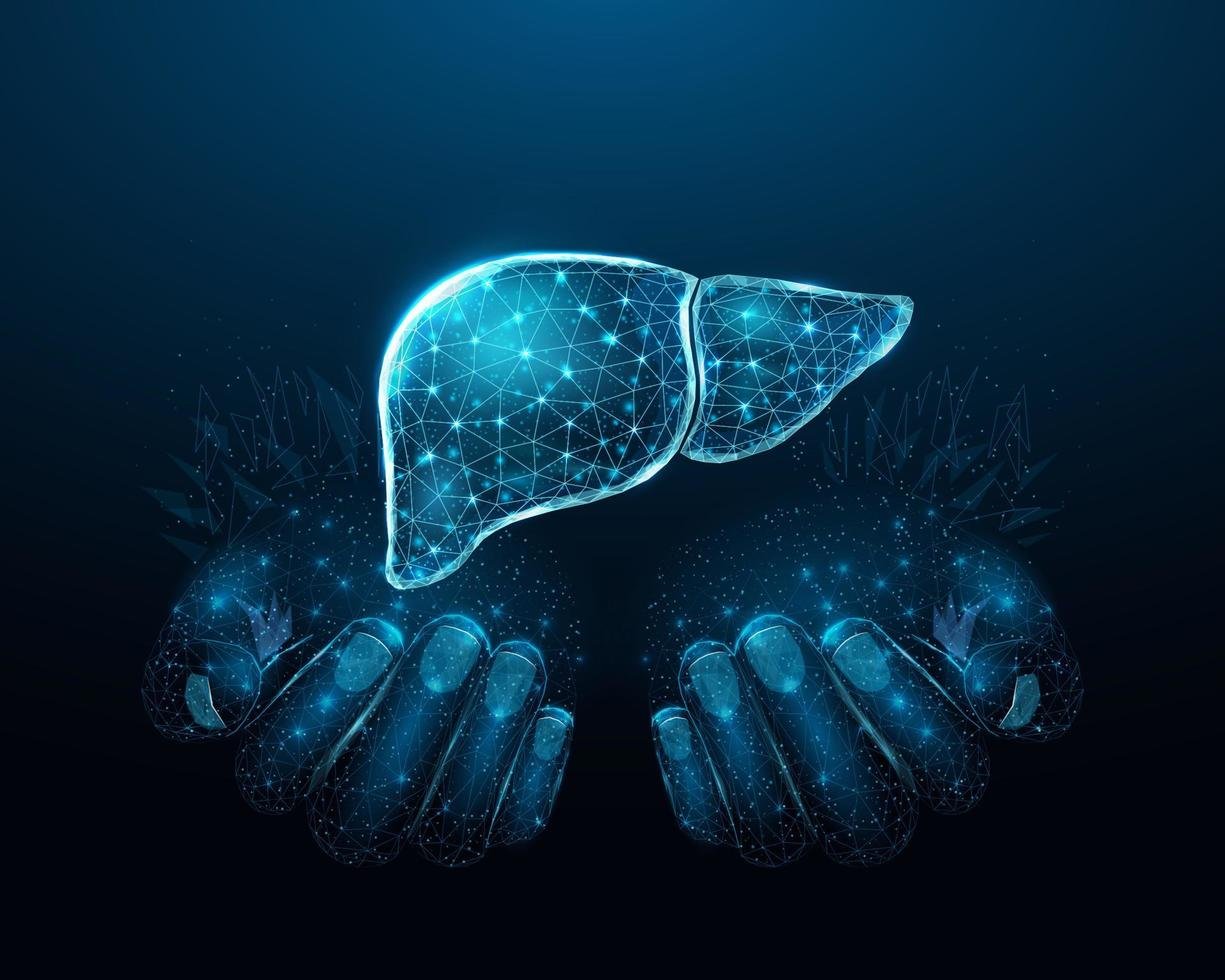
GLUTOMONE
Glutathione Injection
Glutathione Injection is a form of the antioxidant glutathione, which is naturally found in cells throughout the body. It is composed of three amino acids: glutamine, cysteine, and glycine. Glutathione plays a critical role in protecting cells from oxidative stress, detoxifying harmful substances, and maintaining the overall health of the liver and other organs. When used as an injectable supplement, glutathione is believed to have various therapeutic benefits, although its use is often debated in terms of clinical efficacy.

Mechanism of Action
Glutathione acts as a powerful antioxidant, neutralizing free radicals and reactive oxygen species (ROS), which are byproducts of normal cellular metabolism and environmental stressors. Free radicals can damage cells and DNA, leading to aging, inflammation, and diseases like cancer, heart disease, and neurodegenerative disorders.
Antioxidant activity:
It helps neutralize free radicals, reducing oxidative stress and preventing cell damage.Detoxification:
Glutathione is involved in the conjugation of toxins for excretion through the liver, and it helps to neutralize heavy metals and other harmful substances.Immune system support:
It supports the function of immune cells and can enhance the body's ability to fight infections and diseases.Regulation of cellular processes:
Glutathione is involved in maintaining the redox balance within cells and plays a role in regulating cell growth, apoptosis (cell death), and protein folding.
Indications
Glutathione injections are marketed for various health purposes, but clinical evidence is mixed regarding their effectiveness for certain conditions. Common uses include:
Antioxidant support:
To reduce oxidative stress in patients with chronic diseases or conditions that increase oxidative damage, such as diabetes, liver disease, cardiovascular diseases, and neurodegenerative diseases like Parkinson's.Detoxification:
As part of detox programs, glutathione is used to remove heavy metals and other toxins from the body.Skin lightening:
In some countries, glutathione is used for skin whitening or lightening purposes, based on the theory that it inhibits melanin production, although its effectiveness and safety for this use are controversial.Liver protection:
Glutathione is used in liver diseases, such as hepatitis, cirrhosis, or liver toxicity, to help detoxify the liver and reduce damage.Support in cancer therapy:
In some cases, glutathione is used alongside cancer treatments to reduce side effects like oxidative stress caused by chemotherapy.
Dosage and Administration
Adults:
The dosage of Glutathione Injection typically ranges from 600 mg to 1200 mg administered intravenously (IV) once or twice a week, depending on the specific condition being treated. For skin whitening, some regimens involve larger doses administered over a period of several weeks.Duration
The duration of treatment varies based on the condition being treated. For antioxidant support, it may be given for a few weeks, while for chronic conditions like liver disease, it may be used for longer periods under medical supervision.Administration
Glutathione is typically administered through intravenous (IV) or intramuscular (IM) injection. IV administration is often preferred for faster and more complete absorption.- Injection site reactions: Pain, swelling, or irritation at the injection site.
- Gastrointestinal issues: Nausea, bloating, or upset stomach may occur in some patients.
- Breathing difficulties: A very rare side effect, but some individuals may experience shortness of breath or chest tightness.
- Skin rash: Some people may develop a rash as a result of glutathione injections, though this is uncommon.
- Darkening of the skin (in rare cases): Long-term or high-dose use may cause paradoxical darkening of the skin, although this is unusual and not well-documented in clinical trials.
- Pregnancy and Breastfeeding: The safety of glutathione injections during pregnancy and breastfeeding has not been well established, so it is recommended to use it only when necessary and under the guidance of a healthcare provider.
- Allergies: If you are allergic to glutathione or any components of the injection, you should not use this product.
- Liver Disease: Although glutathione is used for liver support, caution should be exercised in patients with liver disease. It should be used under the supervision of a healthcare provider who can monitor liver function.
- Kidney Disease: Individuals with impaired kidney function should use glutathione with caution, as it is metabolized through the kidneys.
Side Effects
Glutathione injections are generally considered safe when used under medical supervision, but side effects can occur:
